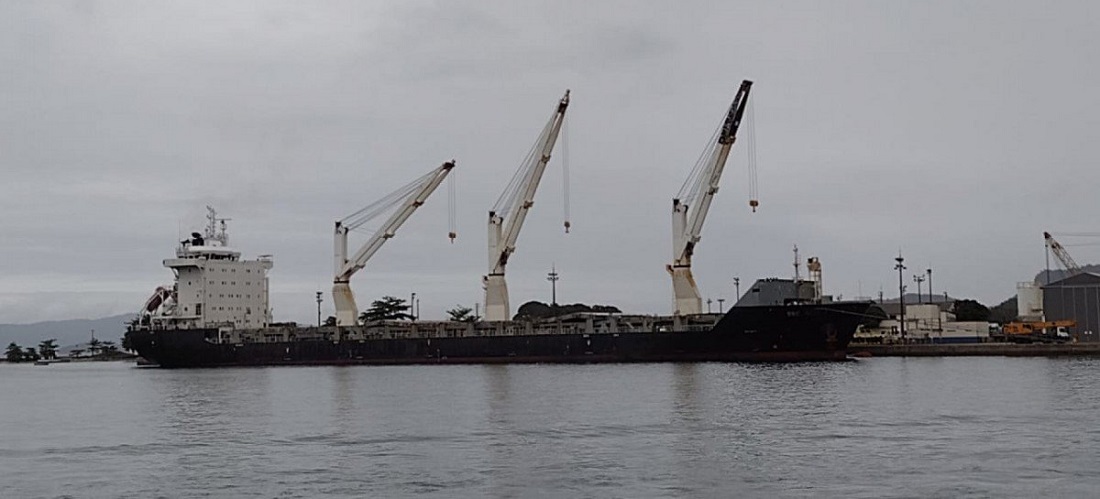
Angra mayor heads to Brasília to revitalize railroad stretch
Dec, 15, 2021 Posted by Ruth HollardWeek 202148
The future of coffee exports from the south of Minas through the Angra dos Reis Port Terminal (TPAR) depends on a project from the beginning of the last century. The stretch of railway that connects Angra to Barra Mansa, which began to be built in 1929 and transformed the coastal city’s port into one of the bases for sustaining the local economy, returns to the center of attention almost a century later.
The 105-km stretch between the coastal cities and the southern Fluminense city has been inoperative since the heavy rains of 2010, which destroyed part of its structure; it was later completely abandoned by VLI, the railway’s lease company. According to Cléber Marques, CEO of Porto Seco Sul de Minas who is interested in exporting coffee and other agricultural inputs by TPAR, the reconstruction works will cost around R$ 200 million, the same amount as a contractual fine between VLI and ANTT (the national land transport agency).
“They (VLI) pays the fine or reactivates the railroad; it is the same amount. The problem is that when they choose the fine instead, the amount goes to a single fund that ends up being used for various works. But this is a national heritage that needs to be revitalized,” said Marques.
It is estimated that the number of containers that pass through Porto Sul de Minas annually may double with the reactivation of the railway, improving the logistics of importing other cargoes to the Triângulo Mineiro and Goiás via the Port of Angra, such as fertilizers, agricultural equipment, and machinery.
Source: O Dia
To read the full original article, visit the link:
-
Blog News (ENG)
Jun, 11, 2025
0
Pork Exports Rise in Volume and Revenue in May
-
Oct, 31, 2022
0
Port terminals ask gov’t to investigate Maersk, MSC in Brazil
-
Nov, 11, 2019
0
Agribusiness exports hit record, but foreign revenues fall
-
Shipping
Jan, 20, 2025
0
Support grows for global tax on shipping emissions to fund climate action

